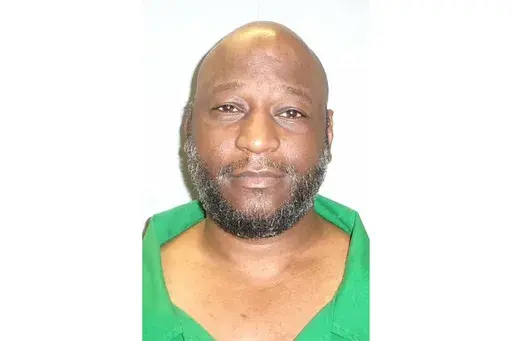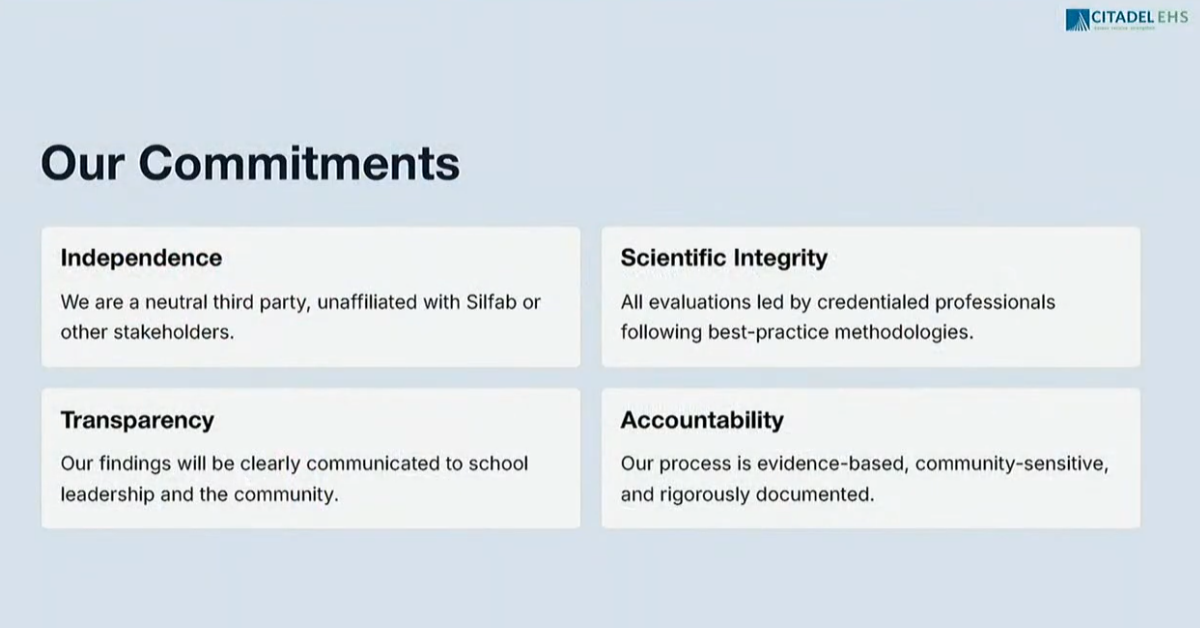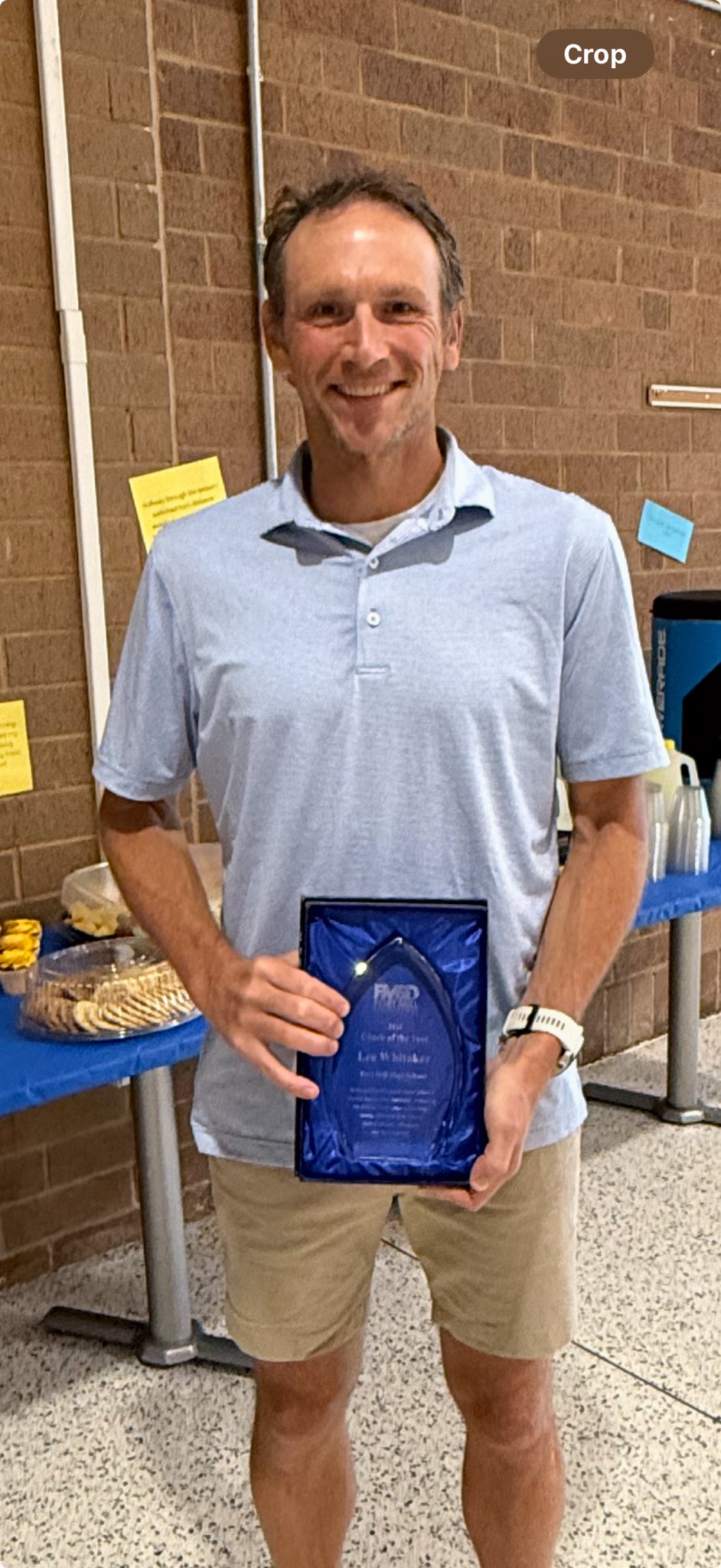BY DAVID FERRARA/THE POST AND COURIER
(Print Media Representative)
COLUMBIA — The execution room was remarkable in its silence.
Freddie Eugene Owens gave no official last words as the state of South Carolina injected fatal drugs into his veins — the state’s first execution in 13 years.
But, with no family present in his last moments of life, he did turn his head toward his attorney, Emily Paavola.
“Bye,” Owens appeared to mouth.
At 6:55 p.m. Sept. 20, Owens died at age 46 — essentially a lifetime from a night that at age 19 would seal his fate. His passing came 19 minutes after an IV containing a lethal dose of pentobarbital began flowing into his veins at the Broad River state prison.
The execution came 27 years after the armed robbery and killing of Irene Graves, a convenience store clerk and single mother of three. Hours after being found guilty in his 1999 trial, but before being sentenced, Owens admitted to brutally beating his jail cellmate Christopher Lee to death.
The quiet execution was a stark shift from the man who years ago told police investigators he wanted to be remembered as a “menace” and smirked as his guilty verdict was announced.
A late appeal to the U.S. Supreme Court left Owens’ fate clinging until the last minute. Waiting 35 minutes after the scheduled 6 p.m. start for his mother’s killer to die in front of him, Graves’ eldest son, Arte, kept a quiet countenance.
Paavola stared straight ahead at her own reflection in the glass.
The curtain opened at 6:35 p.m. to reveal Owens, wearing a green jumpsuit and strapped to a gurney. Only his neck was free to move from left to right.
He had a slight smile, scanning the 11 faces in the witness room ahead of him. His gaze stopped on his fiercest advocate: the attorney he let decide the method that would kill him.
He mouthed some words, and at one point made a face that caused Paavola to ask him, “Is it bad?”
In South Carolina, inmates on death row can choose between lethal injection, electrocution or a firing squad. Owens, who had changed his name to Khalil Divine Black Sun Allah after converting to Islam while on death row, opted for Paavola to choose how he would die.
Ahead of the execution, Owens ate his last meal: two cheeseburgers, fries, a well-done ribeye steak, six wings, two strawberry sodas and a piece of apple pie.
Within a minute, a prison official requested permission to begin the execution. At 6:36 p.m., the deadly dose began flowing into Owens’ left arm from an IV in another room.
Owens’ breathing became more belabored, sounding as if he was snoring. Two minutes later, his breathing grew quiet. By 6:42 p.m., his chest appeared to stop moving. The IV continued to flow.
A prison official checked his pulse at 6:49 p.m. and gave a slight nod, talking into his headset.
By 6:54 p.m., a woman wearing a silver stethoscope entered the death chamber. She checked Owens’ pulse on his right arm, his neck and listened to his chest. It was done.
What do the victims’ families think?
In an interview this week with The Post and Courier, Arte Graves said he was ready for the whole ordeal to be over with.
“Some days, I forgive him. Some days, the hell with him,” Graves said. “It is what it is. It’ll bring some closure.”
Arte Graves watched the execution along with his brother-in-law, sitting in the front row next to a law enforcement official, Owens’ spiritual advisor and Paavola.
Lee’s sister, Sherry Brooks, said her family had been waiting for this day since they learned Owens had killed him in the middle of the night 25 years ago. Lee had been serving a 90-day sentence on traffic offenses, but jail policy at the time allowed Owens — just convicted of murder — to be housed with him.
Prosecutors never tried Owens for Lee’s killing, choosing instead to admit his confession as evidence ahead of his sentencing. Owens’ murder charge for killing Lee was dismissed by “prosecutorial discretion” in 2019, court records show.
No one from Owens’ family nor Lee’s family attended.
Failed delays of execution
Multiple requests by Owens’ attorneys to delay his execution were denied, including after a last-minute affidavit from a co-defendant in his 1997 robbery spree, Steven Golden, who said Owens was never at the gas station and didn’t shoot Graves.
State prosecutors pointed toward Owens’ cold-blooded admissions to investigators, close friends and his own mother that he had killed Graves.
“Yeah, I want to be remembered as the one who killed the most people in Greenville,” Owens said to an investigator, according to trial testimony. “I’m a real menace.”
More SC executions to come
With 31 men remaining on the state’s death row, officials are planning for more executions after the state Supreme Court set a minimum 35-day interval between death notices.
The court issues death warrants to prison officials and inmates on death row at their discretion, so the next could come in late September, followed by an execution in late October.
The next inmate expected to receive a death warrant is Richard Moore, 59, convicted of fatally shooting convenience store clerk James Mahoney during a 1999 armed robbery in Spartanburg County.
Editor’s note: Post and Courier reporter David Ferrara served as one of three media witnesses inside the execution chamber.










